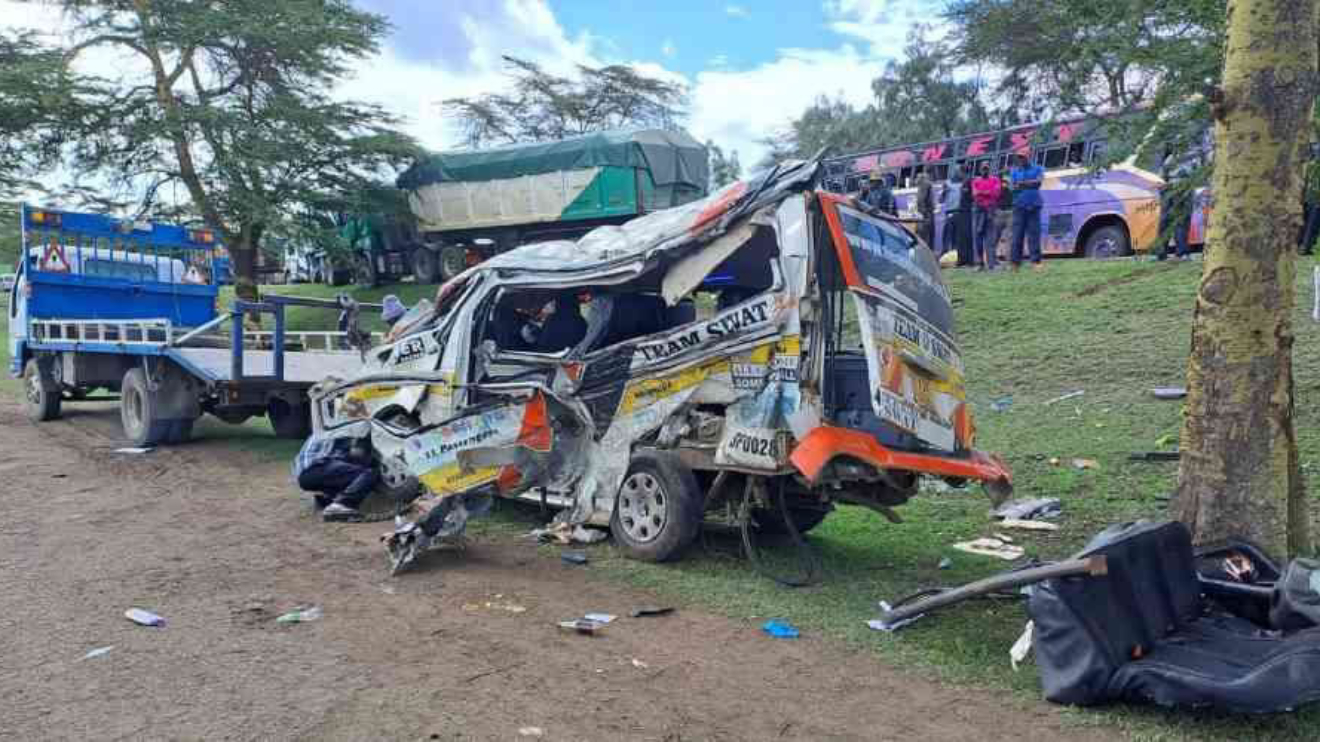Yvonne Mwende is a Board Member at the Association of Media Women in Kenya (AMWIK), a national association for women journalists and communicators.
Mwende provides strategic leadership at AMWIK alongside other board members to ensure the association uses the media to promote an informed and gender-responsive society.
“I recently joined the Board of Siasa Place. We are working towards building a new cadre of young transformational leaders, women leaders, critical thinkers who work relentlessly and competently, influencing decision-making while serving with integrity. We are supporting women driving change in Africa and transforming the continent’s narrative.”
She also serves in her church’s youth leadership department as a member of the communications department and the Covid-19 response committee.
Mwende is a youth mentor and advocate as well.
Read More
She took Journalism and Media Studies, Development Communication option at the University of Nairobi and is an alumna of the African Women’s Leadership and Mentoring Initiative (AWLMI) by Urgent Action Fund-Africa in collaboration with Coady International Institute, Canada.
So, how has her career as Development Communication Specialist been like and what has she been able to achieve?
“High school honed my writing skills. In addition, I served as an editor of the school magazine that I helped start. I think we were pretty inspired by the Insyder magazine that we hoped to develop our own. High school, too, helped me improve my public speaking skills.
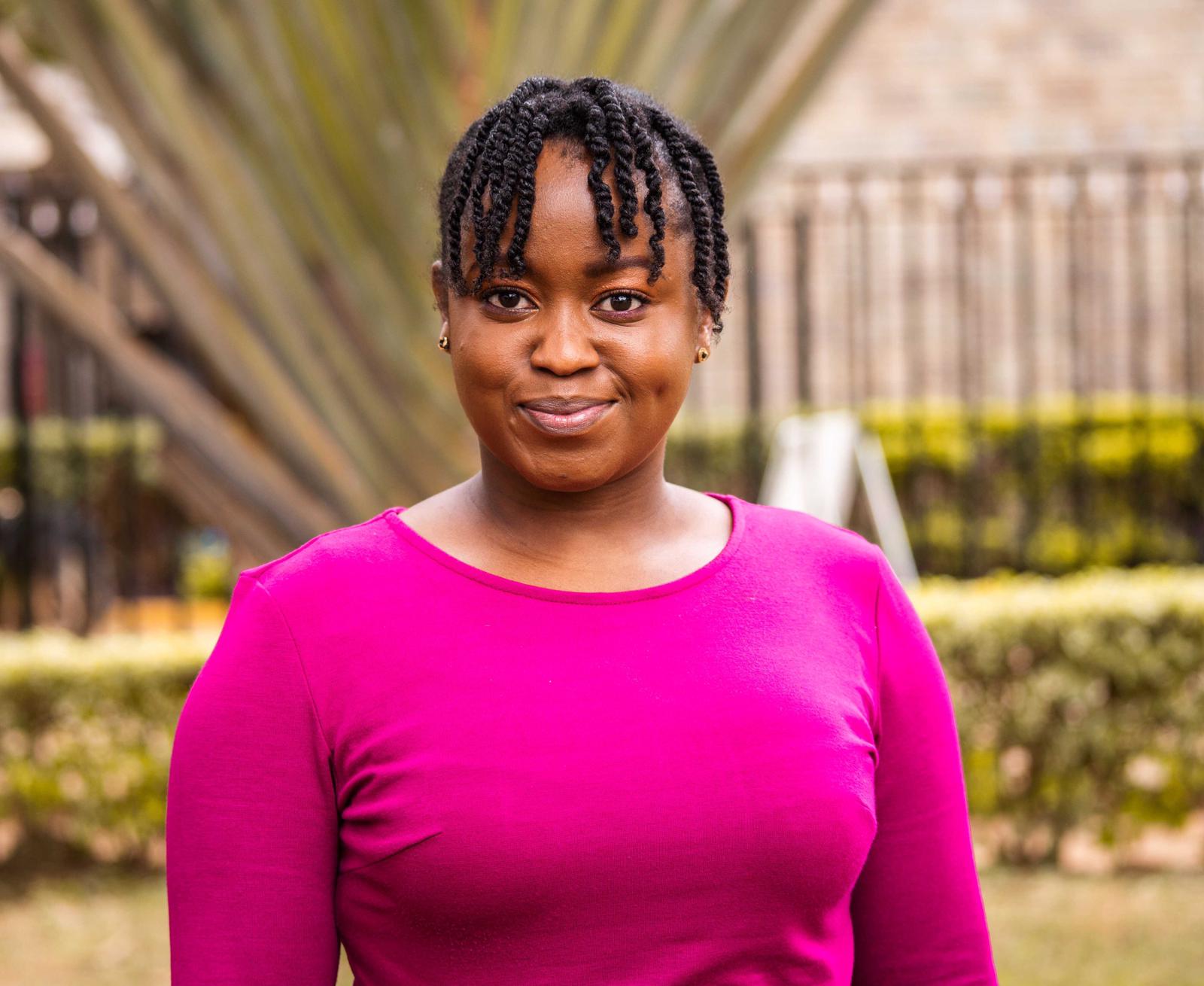
“My career journey began at the Association of Media Women in Kenya (AMWIK) as a volunteer. It was here that I developed my advocacy and writing skills by contributing to various publications, including ’86 and Counting: Women Leaders in the 11th Parliament’. I also took part in compiling case studies/lessons drawn from the region on the impact of ICTs in HIV/AIDS Prevention and sexual reproductive health and rights (SRHR) among adolescents.”
She then worked at the Winrock International (WI) in the #YesYouthCan project as a Communications Officer spearheading communications in Bungoma, Busia, Kakamega and Vihiga counties.
“I managed key strategic partnerships, leveraging on this to engage youth groups to be deliberate about presenting their policy decisions to their county governments in public forums. My knack for storytelling bore fruits when the first quarterly and annual reports I co-wrote for WI was termed the best in the project by USAID and WI. This was as a result of the impact stories that I wrote.”
She decided to prioritise women in political and governance decision-making after she realized that young women’s representation in the youth parliament leadership was low.
“As a result, and for the first time, a woman was elected as county youth president in Kakamega County. In addition, during the elections in 2013, I was involved in engaging the youth, policymakers, opinion leaders and the media on a national peace campaign #TukoRada which helped mitigate violence in the Western region of Kenya.”
As a Development Communications Specialist, she has supported entities across Kenya and internationally through impactful storytelling, advocacy, knowledge management, and communication strategy development and implementation.
She has had clients across various sectors, including human rights, health, finance, renewable energy, digital security, wildlife conservation, youth development, in civil society organisations, government, public and private sectors.
“I was a rapporteur in the first and second Universal Health Care conferences held in Makueni and Nyeri. I have also profiled Top Achieving Women in Kenya drawn from various sectors. The stories of inspiring, achieving, powerhouse women were published in Volume 1 of the Kenya Yearbook Editorial Board, Pioneers and Transformers: The Journeys of Women Trailblazers in Kenya.”

In 2012, she was picked alongside 24 women from Africa by Urgent Action Fund Africa for a two-year program by Coady International Institute, Canada, seeking to nurture a new cadre of African women leaders through training, coaching, mentoring, networking and research.
The International Women’s Leadership Conference preceded this in 2013 in Lilongwe, Malawi.
“In a room of 200 women drawn from 24 countries, I got a euphoric feeling of the women’s movement.”
She shared some key lessons she has learnt while sitting on the boards of both AMWIK and Siasa Place.
“Serving in a leadership position is both fulfilling and challenging. While serving as a board member at AMWIK, I have contributed to strengthening the institutional capacity by providing input on critical documents, including the Strategic Plan and Resource Mobilization Strategy. As a board, we have also increased the organisation’s financial capacity through resource-mobilisation and visibility. We have also instituted a revolving fund.
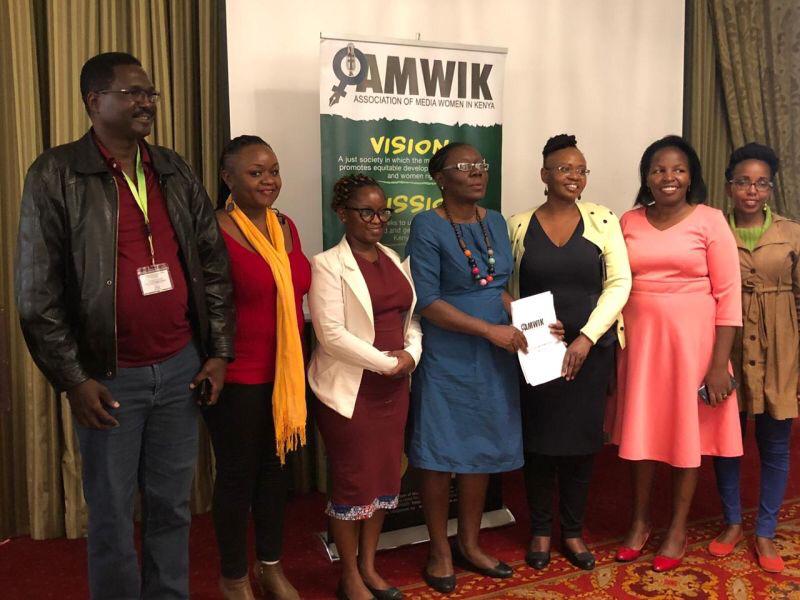
“AMWIK has also conceptualised several research projects, particularly on digital safety and security. For example, through the Kenya Media Sector Working Group (KMSWG), we were nominated to lead the effort towards addressing Sexual Harassment in media houses and establishing safe media spaces. I also awakened an AMWIK newsletter, Connection, where I spearheaded a team of volunteers to run the process.”
As lead of the Membership, Welfare and Training committee, AMWIK membership has increased, and it has held a number of trainings, including one on data storytelling.
AMWIK is currently developing a welfare policy and she is excited that she served with her mentors; Dr Jane Thuo and Marceline Nyambala, the immediate former Executive Director.
“I joined the Siasa Place board in February 2021. I have since been actively involved in resource-mobilisation, strategic networking and partnerships, forming relationships with international donors, and amplifying Siasa Place work. My win has also been lobbying for Nerima Wako – Ojiwa, the Executive Director, to advocate within UNDP.”
She had these two pieces of advice for women venturing into Development Communication:
1. Identify your passion and peruse! What riles you up? You will find that you do better in your area of interest. But be open to learning. Deliberately invest in the fundamental skills-set-writing, multi-media storytelling, presentation…and then build on this keeping up with the current trends.
2. Develop your soft skills as well, as this is what will keep you in the game. Create opportunities for yourself by looking at what different organisations are doing, then approach them by offering solutions. I have never seen anyone turn down a probable solution.
Mwende is a firm believer in inclusivity and equal opportunities for women and girls. Where does the passion come from and what is her experience in advocating for this course?
“Marginalisation of women and girls has been oppressively used to subdue and abuse them. The social construct posed by patriarchy on how women should be perceived is damaging if not dangerous.
“As a nine-year-old in class four, I faced what I know today as sexual assault. Our class teacher would every so often, dismiss the class for a break and call in a girl whom he would successfully grope or attempt to grope, save for two girls in the class of 25 pupils.”
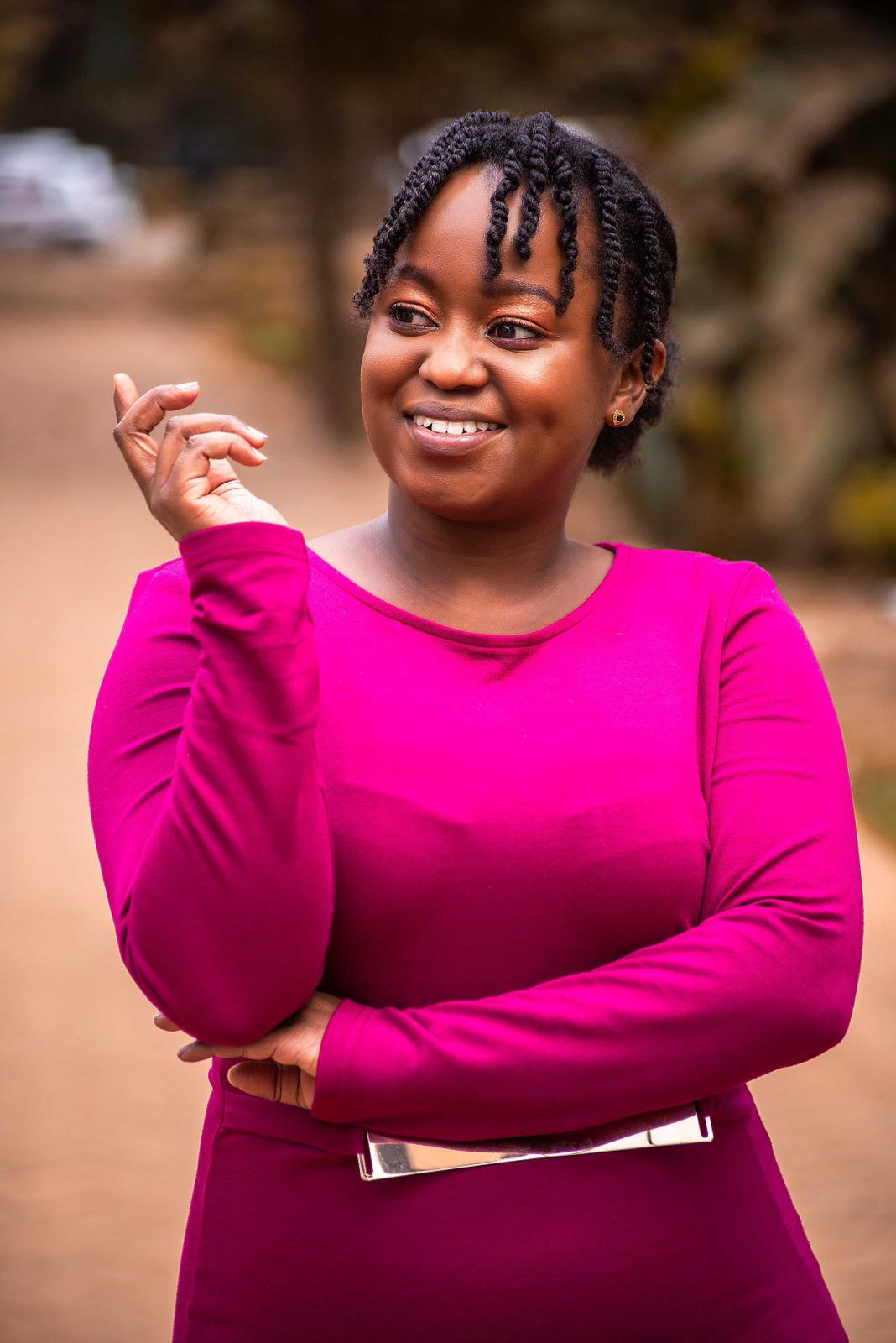
That period informed her first ever attempt at organising.
“The girls in my class began to meet in the field after he unbuttoned one of the girls’ dresses. In our nine-year-old minds, we came up with the perfect plan. Each time he called any of us girls during break time, we would all count to ten then storm in opening desks, opening books, causing a brawl, pretending to look for one thing or another. He sniffed on our plan and told us to all leave save for the girl whom he pretended to be tutoring. We refused to leave. We stood put. We had the numbers. After that incident, he disappeared from the school.
“Patriarchal oppression is real, and it manifests itself in different forms. From an early age, I came to learn that abuse festers in silence. Sisterhood is important in the movement. We must aggravate for equal opportunity and equality of dignity so that women and girls are not objectified and made to suffer injustices because they are female.”
In the last few years she embarked on writing as a means of informing and questioning the societal norms that hold women captive to dangerous ideologies and practices.
“I have been published in the local media to provide opinions on women’s rights, health, social justice and inequality, among other social and developmental issues. I have also been actively engaged in influencing women’s socio-political gains in Kenya by profiling women political aspirants and aggravating policy implementation around the two-thirds gender principle.”
Mwende also shared her take on the ever-rising unemployment rate and mental health issues among the youth in Kenya and how they can tackle them.
“I tell young people not to idle at home. Look for opportunities to build your skillset or earn an income. So, a month after High School, and being at home with no pocket money, I started tutoring pupils. I also made home delicacies such as ‘mahamris and viazi karai’ for sale with the money I borrowed from my brother.”
She also worked in a hotel as a dishwasher, waitress, housekeeper and retired as a receptionist. The people and management skills she learned while doing those odd jobs built her character and shaped the person she is today.
“Put your brain to work. Don’t complain as others do. Your tongue has the power to shape your destiny, use it wisely. Do not struggle with mental health silently; seek psychosocial support. Admittedly, things can get thick. Do not give up. Take each day as it comes. Tomorrow will be better. I promise.”
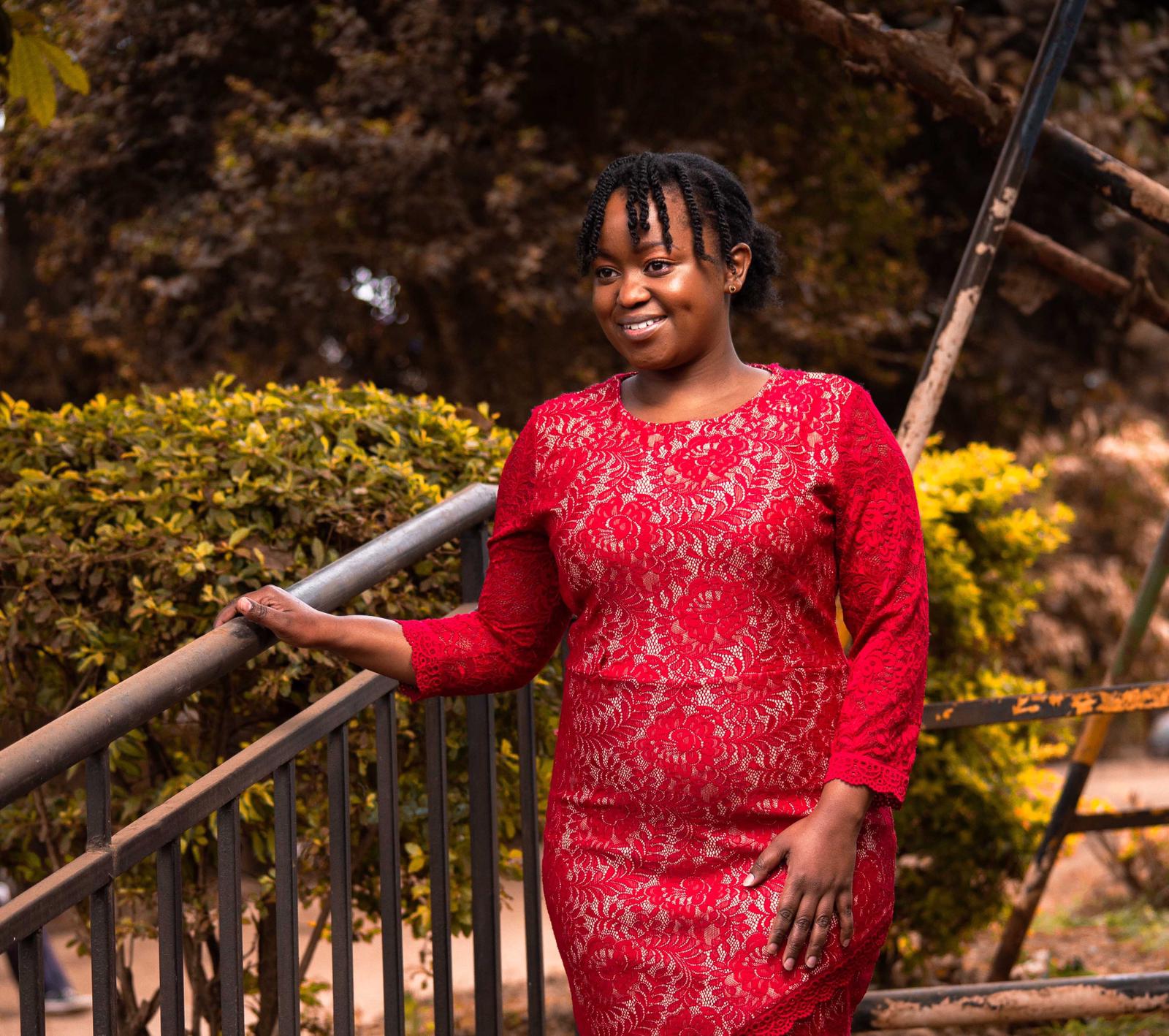
So what are the three most important values she lives by?
1. Service requires humility, teamwork, consistency and commitment. Service is a sacrifice. I always purpose to approach my work and leadership from a service standpoint. The ability to contribute to a higher vision. Service is about prioritising the needs of others above your own. While serving as a Board Member at AMWIK, I have gone above and beyond the call of duty. Sometimes it even felt like I was one of the staff (chuckles).
2. Integrity is a measure of truth. I work to be known as someone who valued truth and who is authentic. My faith guides me to uphold the true things, so I seek those.
3. Excellence is also a measure of consistency. As a consultant, my clientele has always been through referrals. Repeat clients have kept me going. Therefore, it is important to prioritise quality in all assignments you pursue. Strive to maintain consistency by doing things well. Excellence has zero shortcuts.
So, how does she describe herself and how others perceive her?
“Many describe me as a thought leader. I intend to be strategic in my approach. I am very keen on details to a fault. However, I have also been told that I am a good listener and I am open-minded. Firm on what I stand for, not easily swayed but open to collaboration.
“I also have an understanding of who I am. I am principled, reliable, go-getter, bubbly, fun, kind, diligent, competent, intelligent. I love deeply, and I am God-fearing. Unfortunately, some define me as being impatient.”
Her parting shot is a reflective letter she would write to her 25-year-old self:
“Dear Mwende,
You are tenacious. You’re striving. You’re eager to contribute to the world, don’t lose that. You are just about to get into the wilderness experience of your life. Don’t take shortcuts. This step is crucial. Cry, scream, and kick if you must, but allow it to grow you, to shape you. Don’t rush your preparation process. When gold goes through the refining process, it achieves its purest form.
You’ve always lived in the future, you need to show up for your life. Be present in every season of your life. Then, you will look back and be glad you worried less, appreciated yourself more, took yourself less seriously and simply enjoyed life. And another thing, criticise yourself less, the world will do that for you, and you will not need to pay them! (Deep!)
Call yourself for a meeting often and ask the tough questions. Listen for God’s voice for he always speaks. Journal and never stop. Journaling helps you see your growth while appreciating each milestone. Remain reflective. This will feed your soul to see beauty even in murkiness, and peace in turmoil.
You find that the things that scare you, is where your treasures lie. The things that make you feel unqualified, those that make you feel that you don’t just have what it takes, do those. Present your inadequacies to God; in his hands, a little becomes more and a little extra.
Also, there are things you entrust to a confidant, but there are secrets you only have with God. Reveal your dreams, visions only to people who pray for you. Be protective of the things God has placed in your heart, not everyone needs to know your dream. Revealing your plan prematurely or to the wrong audience may cause you emotional, psychological, and even physical harm.
Finally, don’t be afraid to start all over again. You don’t have to pick up the pieces to start over. Just get your mind to work. Cultivate healthy relationships. Seek forgiveness often and forgive — press delete on an offence. You will be lighter and happier for it.”
Interviews by Patience Nyange & Esther Kiragu

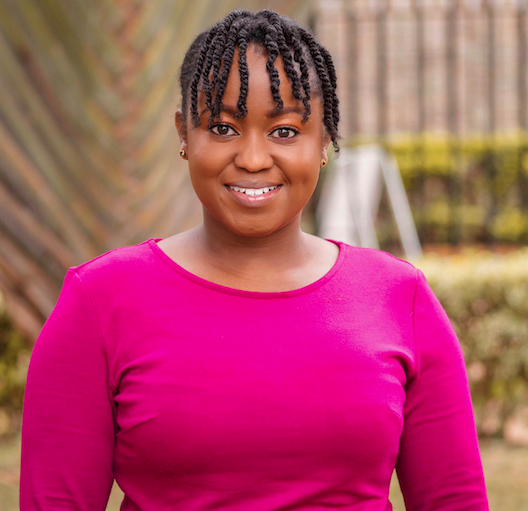
-1730307871.jpg)
 (1)-1730102677.jpg)
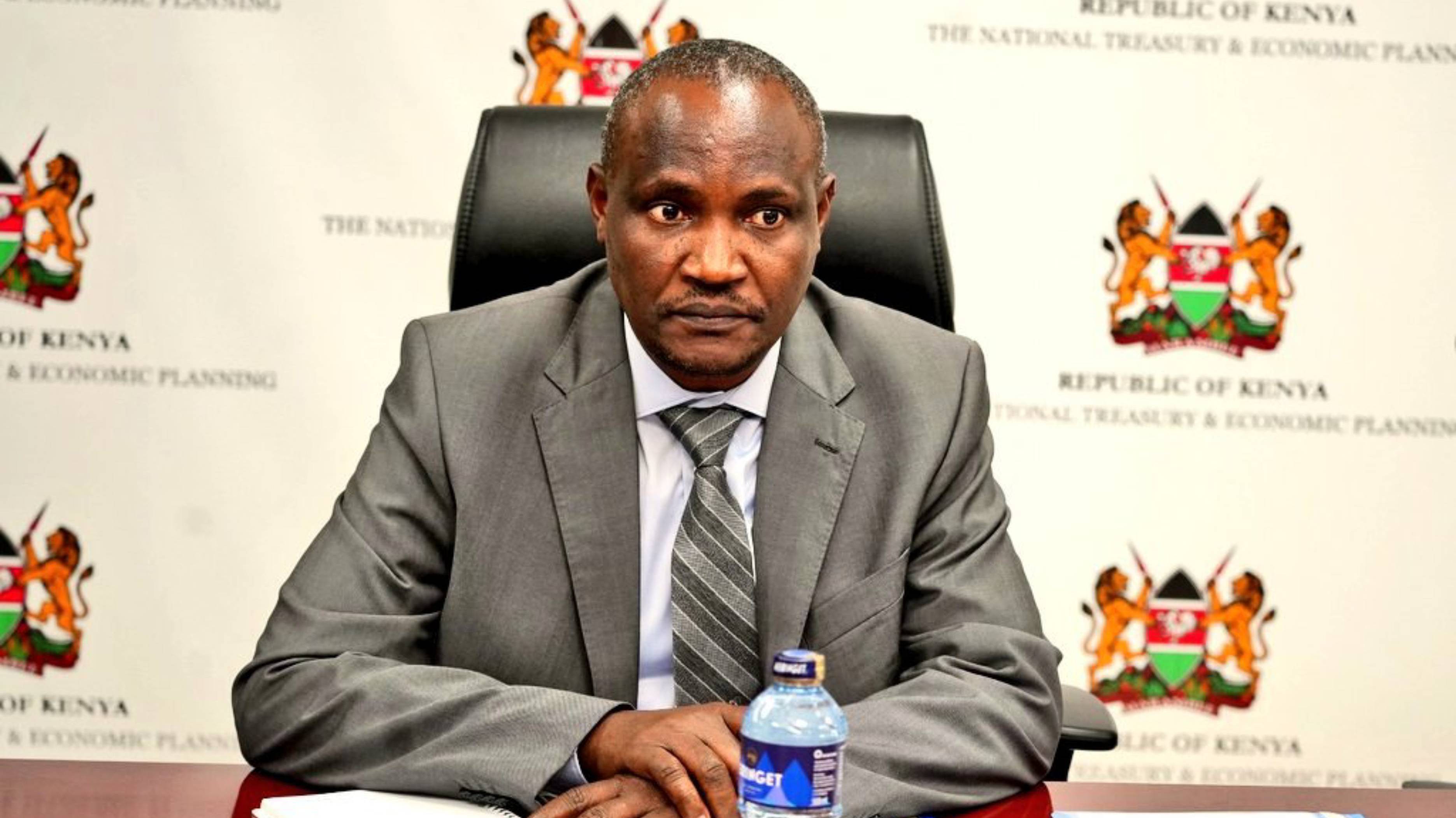
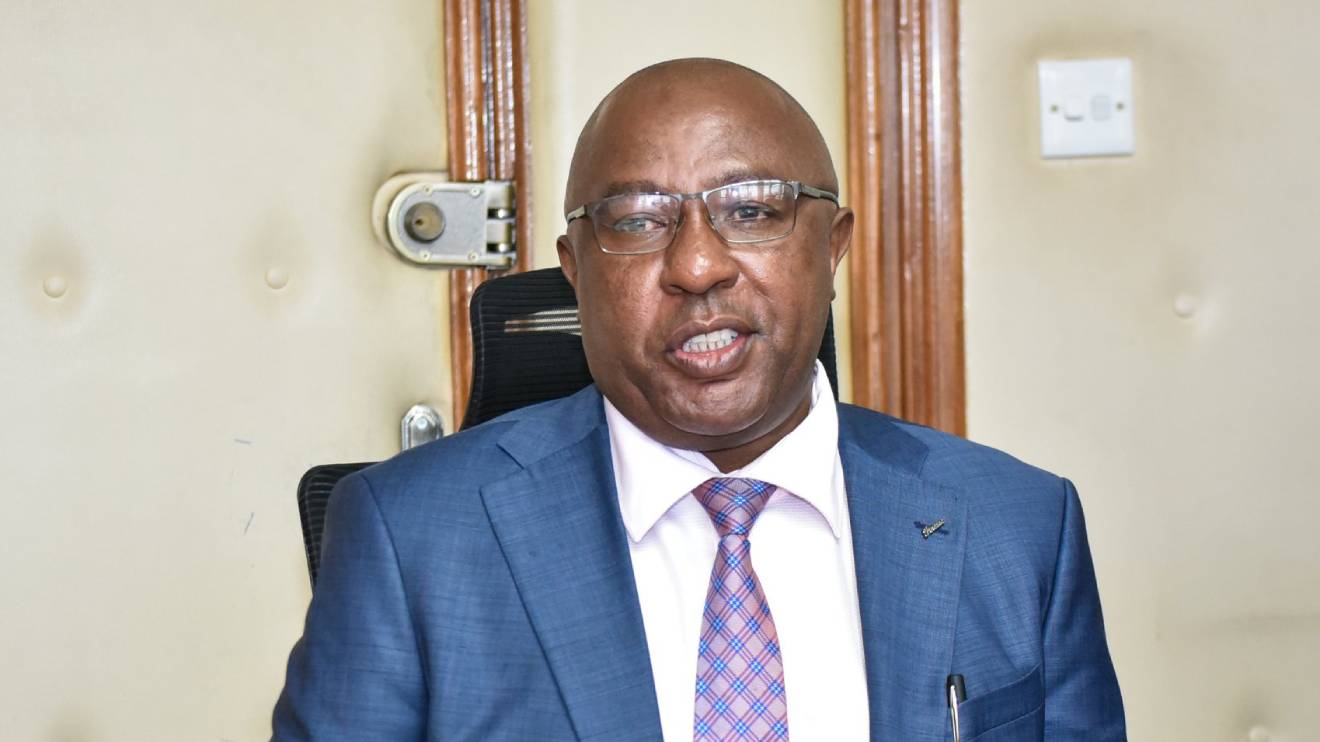
-1728400577.jpg)

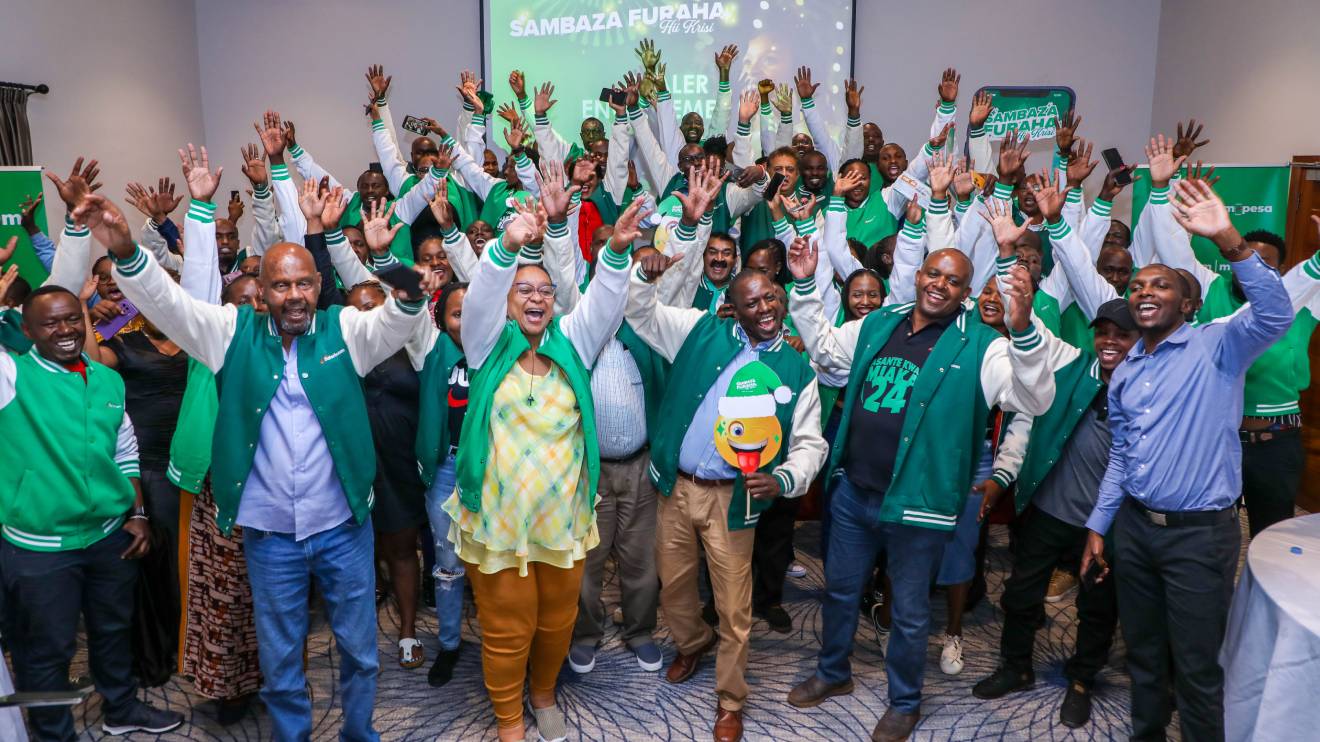
-1731675695.jpg)
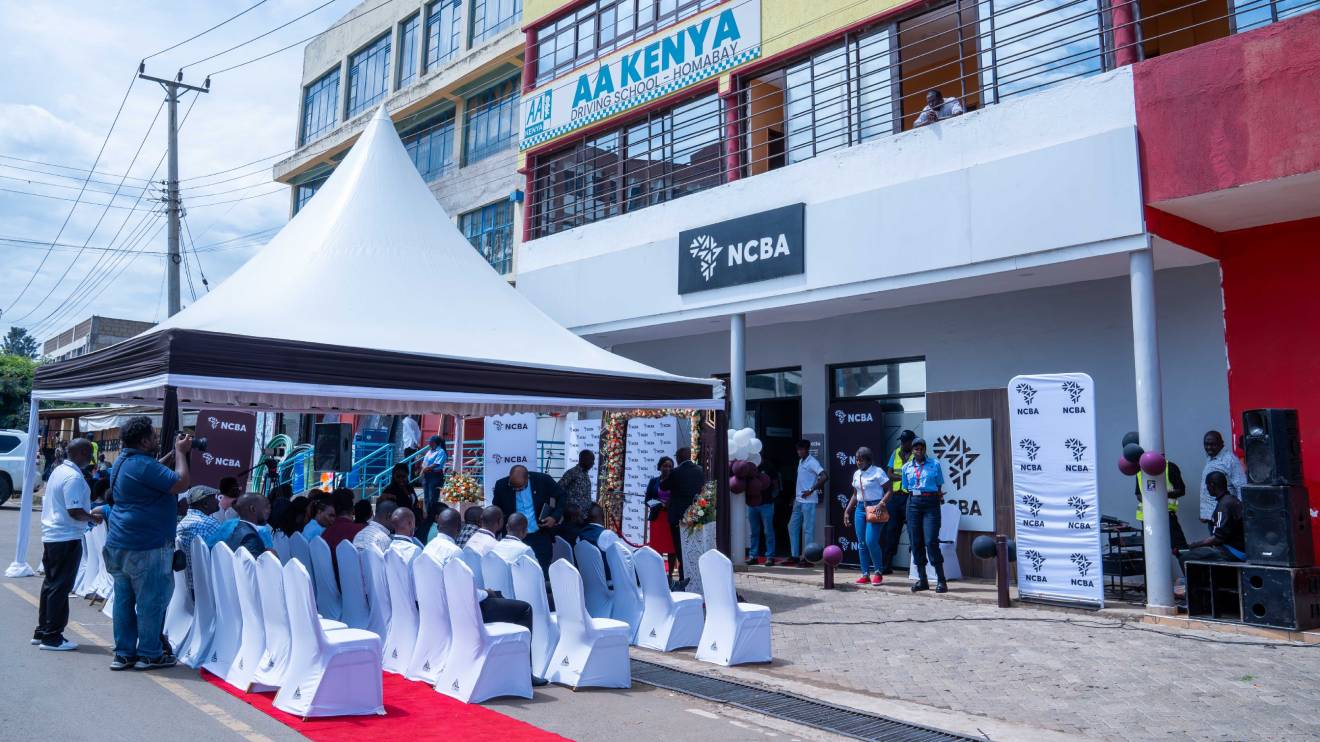
-1731665904.jpg)
